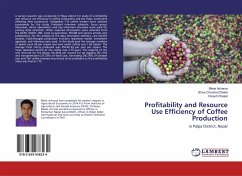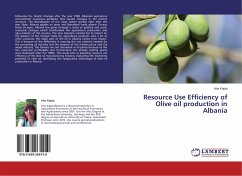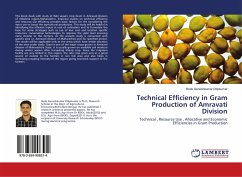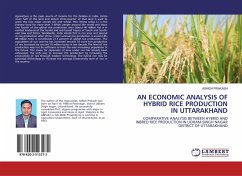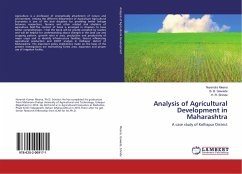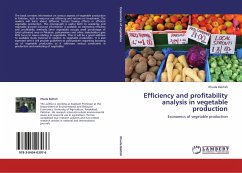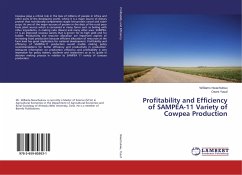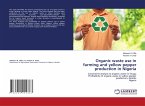A survey research was conducted in Palpa district for study of profitability and resource use efficiency in coffee production and the major constraints affecting their production. Altogether 110 coffee farmers were selected purposively for the study. Pretested interview schedule, focus group discussion, direct observation and key informant interview were used for primary data collection. Other required information were collected from the DCPA, DADO, CBS, Local co-operatives, NTCDB and various articles and publications. For the analysis of the data descriptive statistics, cost benefit analysis, Cobb-Douglas production function regression model, investment appraisal, and indexing were used. In the study area the average numbers of plants were 56 per ropani and area under coffee was 1.83 ropani. The average fresh cherry produced was 254.69 kg per year per ropani. The mean gestation period of the coffee was 2.73 years. The majority of the cost incurred for the labour (Rs.3543 per ropani) for pit digging (32.11%) and transplantation (21.33%) of fixed cost, harvesting (36.73%) of variable cost and The coffee business was found to be profitable as the profitability index was found 1.72.

